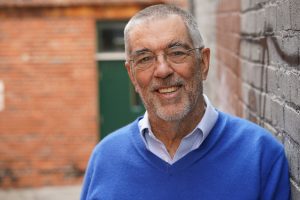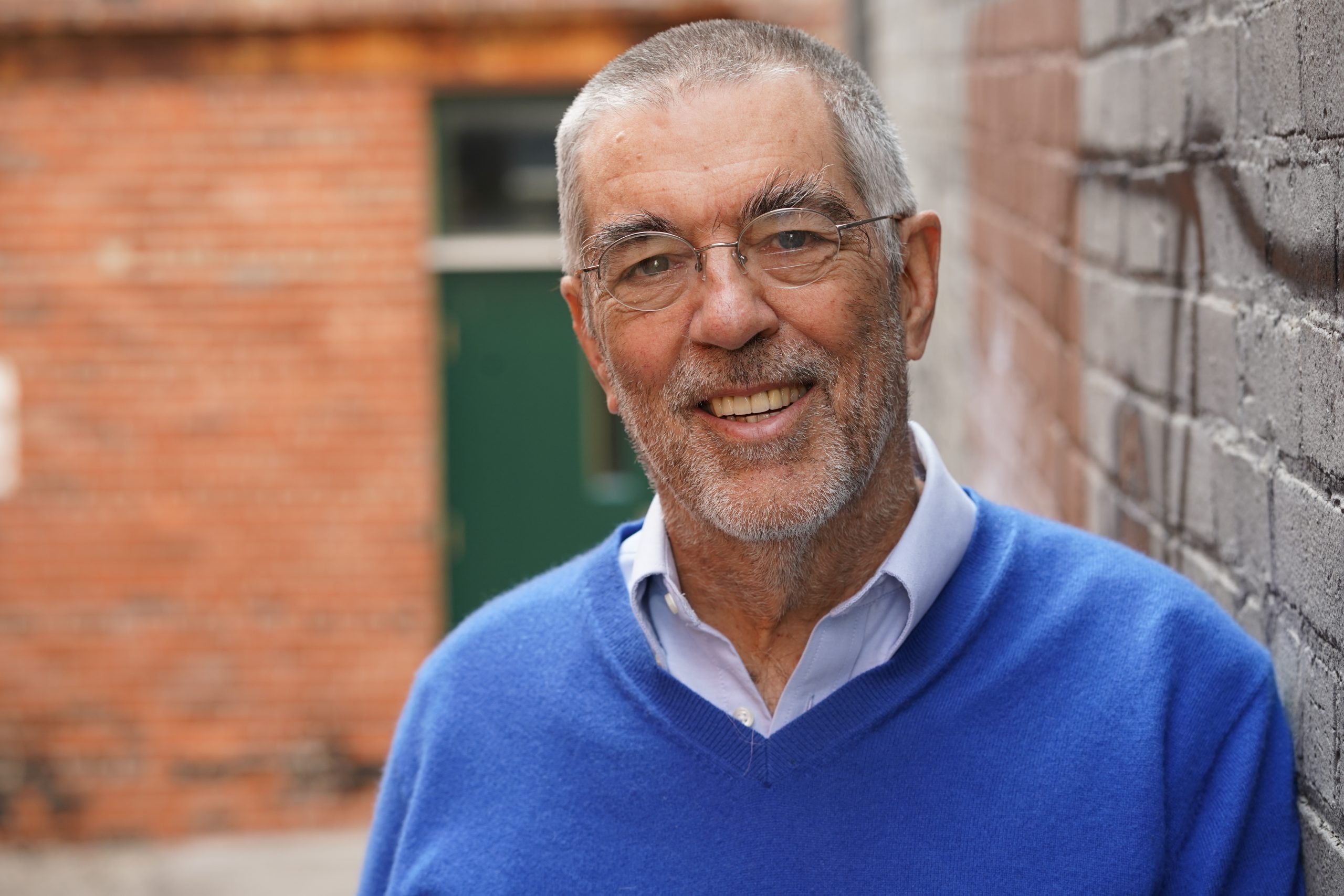From Awareness to Action
What White People Must Do to End America’s Racial Oppression
It has now been seven years since the AMOS (A Mid-Iowa Organizing Strategy) Juvenile Justice Group met at Bethel AME church to think about how to dismantle the systemic racial injustice in our central Iowa community. How could we derail the cradle to prison pipeline that Michelle Alexander so eloquently described in her book The New Jim Crow? Multiple studies had already clearly demonstrated the problem in our country. At that moment in our history there were over 2 million people in prison in the United States. Over 60% of whom were Black men. And Iowa was among the worst states in all metrics of disproportionality based on race. Not much has changed nationally in the ensuing years and Iowa remains one of the worst places in the country to live if you are Black or Brown.
For me these last seven years have been personally transformative. I was born in 1944 and I came of age in the civil rights and antiwar movements of the 60s and 70s. I am appalled that the promise of those movements has yet to be realized.
In the last seven years, I have come to understand how truly embedded the systemic oppression of Black and Brown brothers and sisters is and how difficult it is to make even simple, obvious changes.
Awareness is only the beginning
What is slowly beginning to emerge in the white dominant culture, is a growing awareness of the reality of this oppression. The ubiquity of cell phone cameras, and the addition of body cameras on police, no longer allows the long-term reality of racial disparity and injustice to remain hidden. No one who has watched the 8+ minutes of a police officer kneeling on George Floyd’s neck as he was murdered can any longer claim ignorance.
This increasing awareness has led to a plethora of books and programs addressed to people who identify as white. And it is important for those of us who do identify as white (remembering that race is a totally artificial construct) to gain a deeper understanding of the ingrained racial bias and racially based oppression that permeates our society and maintains the current carceral, oppressive, state.
Beyond Awareness to Engagement
Increasing awareness is not, however, a solution. Brian Stevenson, the author of Just Mercy, points out four conditions that must be met IF we, you and I, as members of the white dominant class, wish to be allies in the work of ending oppression based on race in America.
This is what Stevenson tells us and what it means to me:
First – You and I must get proximate. We must get close to the people and communities who are at risk – and stay close to them. For me this has meant being in deep, intimate, challenging relationships, across racial lines, with people who are living the daily reality of this racially based oppression. Relationships that would not exist without my personal commitment to the work we are doing. It has meant listening to my Black and Brown colleagues and children to hear the nuances and the perspectives and the realities of their lives.
Second – You and I must change the narratives that support this oppression. We are submerged in politics of fear and anger, in a society ruled by fear that tolerates bigotry and injustice. We’re infected by the disease of our history of racial inequality and injustice. Stevenson reminds us that “the great evil of slavery was the narrative of racial difference that arose to justify it,” and gave birth to the ideology of white supremacy and Black criminality. This has meant, personally acknowledging my own complicity with this narrative and then working to change the narrative and ideology supporting mass incarceration, bigotry, the school-to-prison pipeline, and the presumption of guilt and criminality of people of color!
Third – You and I must join in the actual work of making change happen and stay hopeful in the work. Stevenson says that “hopelessness is the enemy of justice.” You and I must believe things are possible that we haven’t yet seen. Promises that we embraced in the 60’ and 70’s“. To remember that hope is what gets you and me to stand up when other people say, ‘sit down’. Some days this is hard.
Fourth – You and I must be willing to do uncomfortable things. Change doesn’t come from staying comfortable. As members of the white dominant class, and agents of the oppression, you and I must be willing to be uncomfortable in our work and our witnesses for change. As a retired, white, lawyer, I have a comfortable life. This work has required that I change how I think and act. Most of all, it has required a commitment that I will not leave when things heat up, as they most certainly have. It has required following the mandate of the late Civil Rights icon and US Congressman, John Lewis, to “make good trouble”.
Now ask yourself, which of these four actions are you taking or can take? Please share with me.
Listen to understand
It is hard to listen to a 7th grade girl, as she described getting up most mornings feeling angry. A mother in prison, an absent father, living, in deep poverty, with a disabled grandmother. and believing that her only way out was to get pregnant. It is hard to listen to mothers talk about the fear that their children will be killed before they are fully grown, both by police and by the gangs that they live with.
To become allies you and I, must listen to these voices. And once we have listened to them sharing their lived reality, we, you and I, must be willing to put our power (that many of us have or can access), our money (that many of us have), our reputations, influence, and our bodies on the front lines of making necessary systemic change. That is my charge.
 Harvey Harrison is a retired attorney living in Des Moines, Iowa. He enjoys playing table games, bicycling, reading, spending time with family, and community activism. Harvey feels it is incumbent on those in the majority to use their white privilege and bounty to help end racial oppression. Mr. Harrison is on the founding team of Just Voices Iowa and a key contributor to its success.
Harvey Harrison is a retired attorney living in Des Moines, Iowa. He enjoys playing table games, bicycling, reading, spending time with family, and community activism. Harvey feels it is incumbent on those in the majority to use their white privilege and bounty to help end racial oppression. Mr. Harrison is on the founding team of Just Voices Iowa and a key contributor to its success.
